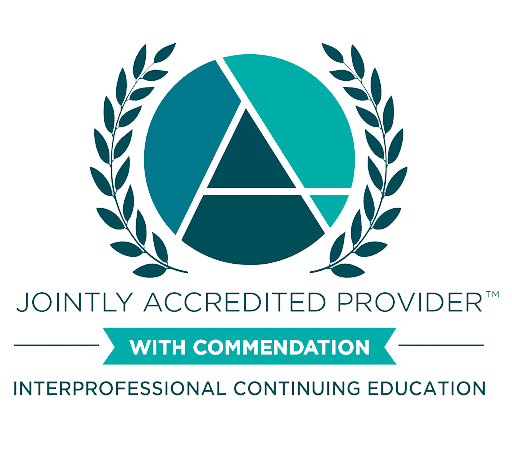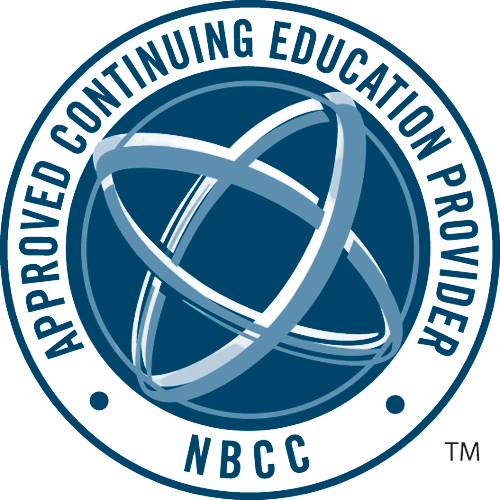A Resource for Healthcare and Social Services Professionals
June 10, 2024
9:00 am–12:00 pm ET
This three-hour course is intended to provide foundational knowledge of stimulant use disorders as well as an overview of evidence-based interventions.
Via Zoom
This three-hour course is designed to be a guide for addiction providers interested in providing and caring for people who use stimulants, namely cocaine and methamphetamines. Topics include neurobiology and physiology of addiction; identifying health risks of stimulant use; practical application of evidence-based treatment for patients who use stimulants in an office-based addiction treatment setting; management of overamping and acute stimulant intoxication; and harm reduction interventions.
Medical providers, nurses, social workers, Licensed Alcohol and Drug Counselors (LADC), Certified Alcohol/Drug Counselors (CADC), Community Health Workers (CHW), recovery coaches, counselors, Licensed Mental health Counselors (LMHC), and others treating individuals with addiction are welcome and encouraged to attend.
Justin is a clinical nurse educator with Boston Medical Center's Grayken Center for Addiction Training and Technical Assistance, where he contributes to peer-reviewed publications, evidence-based clinical guidelines, development and delivery of continuing education programs, and other resources for providers supporting patients with substance use disorders. Justin is also a nurse practitioner at Boston Medical Center and the nursing director of two housing first programs operated by the Justice Resource Institute, Inc. He has expertise in infectious diseases and their co-occurrence with substance use disorders, community outreach, and harm reduction. Justin's work in HIV/AIDS includes being president of the Boston Chapter of the Association of Nurses in AIDS Care, consulting for the New England AIDS Education Training Center, and other positions. He currently sits on the stimulant work group for the Opioid Response Network (ORN), the advisory board of the New England Addiction Technology Transfer Center, and the item writing committee for the Addictions Nursing Certification Board (ANCB). Justin received his Bachelor of Science in Nursing (BSN) from Northeastern University in 2013, his Master of Science in Nursing (MSN) from the University of Massachusetts-Dartmouth in 2020, and his Post-Master's Family Nurse Practitioner certificate from the University of Massachusetts-Boston in 2023. He also holds certification as a Certified Addiction Registered Nurse (CARN) through the Addictions Nursing Certification Board (ANCB), certification as an AIDS Certified Registered Nurse (ACRN) through the HIV/AIDS Nursing Certification Board (HANCB), and is a certified nurse educator (CNE) through the National League of Nursing.
Vanessa Loukas, MSN, FNP-C, CARN-APVanessa is a clinical nurse educator for Boston Medical Center's Grayken Center for Addiction Training and Technical Assistance, an assistant professor of medicine at Boston University Chobanian & Avedisian School of Medicine, and a nurse practitioner at Boston Medical Center. She has expertise in managing substance use disorders, co-occurring psychiatric conditions, and infectious diseases in primary care settings. Her clinical interests include harm reduction, low-barrier treatment, medical addiction groups, and improving care for persons involved in the criminal-legal system. Through her primary role on the Grayken TTA team, Vanessa contributes to peer-reviewed publications, evidence-based clinical guidelines, development and delivery of continuing education programs, and other resources for providers supporting patients with substance use disorders. Prior to joining the Grayken TTA team, Vanessa practiced as a nurse practitioner and was the program director for the addiction treatment program at the South End Community Health Center, caring for high-risk patients with substance use disorders and psychiatric diagnoses. Her work integrated harm reduction, on-demand treatment, infectious disease treatment, and medical addiction groups including within the male/female re-entry/recovery units at the Suffolk County House of Corrections. Vanessa received her Master of Science in Nursing (MSN) from Simmons University and is a Certified Addiction Registered Nurse – Advanced Practice (CARN-AP) through the Addictions Nursing Certification Board (ANCB).
Following this training, participants will have the knowledge necessary to:
Boston Medical Center Grayken Center for Addiction Training and Technical Assistance, Massachusetts Department of Public Health, Bureau of Substance Addiction Services (DPH/BSAS), Opioid Response Network (ORN)
Funding for this initiative was made possible (in part) by grant no. 1H79TI085588-02 from SAMHSA. The views expressed in written conference materials or publications and by speakers and moderators do not necessarily reflect the official policies of the Department of Health and Human Services; nor does mention of trade names, commercial practices, or organizations imply endorsement by the U.S. Government.
REQUIREMENTS for credit
Please note this policy is strictly enforced for accreditation purposes. Participants will forfeit collection of credit and certificates of completion if more than 10 minutes of the training is missed.
Joint Accreditation Statement for CME, Nursing and Social Work
 In support of improving patient care, Boston University Chobanian & Avedisian School of Medicine is jointly accredited by the Accreditation Council for Continuing Medical Education (ACCME), the Accreditation Council for Pharmacy Education (ACPE), and the American Nurses Credentialing Center (ANCC), to provide continuing education for the healthcare team.
In support of improving patient care, Boston University Chobanian & Avedisian School of Medicine is jointly accredited by the Accreditation Council for Continuing Medical Education (ACCME), the Accreditation Council for Pharmacy Education (ACPE), and the American Nurses Credentialing Center (ANCC), to provide continuing education for the healthcare team.
CME
Boston University Chobanian & Avedisian School of Medicine designates this live activity for a maximum of 3.00 AMA PRA Category 1 Credit(s)™. Physicians should claim only the credit commensurate with the extent of their participation in the activity.
Nursing
Nursing Contact Hours: 3.00 number of contact hours of which 0.25 are eligible for pharmacology credit.
Social Work
As a Jointly Accredited Organization, Boston University Chobanian & Avedisian School of Medicine is approved to offer social work continuing education by the Association of Social Work Boards (ASWB) Approved Continuing Education (ACE) program. Organizations, not individual courses, are approved under this program. Regulatory boards are the final authority on courses accepted for continuing education credit. Social workers completing this course receive 3.00 general continuing education credits.
LMHC
 BMC Grayken Center of Addiction TTA has been approved by NBCC as an Approved Continuing Education Provider, ACEP No. 7188. Programs that do not qualify for NBCC credit are clearly identified. BMC Grayken Center of Addiction TTA is solely responsible for all aspects of the programs. For this program, 3.00 contact hours will be offered to participants who attend the training and complete the evaluation.
BMC Grayken Center of Addiction TTA has been approved by NBCC as an Approved Continuing Education Provider, ACEP No. 7188. Programs that do not qualify for NBCC credit are clearly identified. BMC Grayken Center of Addiction TTA is solely responsible for all aspects of the programs. For this program, 3.00 contact hours will be offered to participants who attend the training and complete the evaluation.
LADC/CADC & Recovery Coach
Grayken Center for Addiction TTA is approved to offer LADC/CADCs and recovery coaches who complete this course 3.00 general continuing education credits.
Community Health Worker
Grayken Center for Addiction TTA is approved to offer Community Health Workers who complete this course 3.00 continuing education credits.
Disclaimer
Continuing education (CE) requirements vary by license and jurisdiction. When requesting continuing education credits, please ensure you are following the rules and regulations determined by the board regulating your license. Boston Medical Center Grayken Center for Addiction TTA does not oversee adherence to licensing requirements and regulations.
THIS CONTINUING EDUCATION PROGRAM IS INTENDED SOLELY FOR EDUCATIONAL PURPOSES FOR QUALIFIED HEALTHCARE PROFESSIONALS. IN NO EVENT SHALL BOSTON UNIVERSITY BE LIABLE FOR ANY DECISION MADE OR ACTION TAKEN IN RELIANCE ON THE INFORMATION CONTAINED IN THE PROGRAM. IN NO EVENT SHOULD THE INFORMATION CONTAINED IN THE PROGRAM BE USED AS A SUBSTITUTE FOR PROFESSIONAL CARE. NO PHYSICIAN-PATIENT RELATIONSHIP IS BEING ESTABLISHED. IN NO EVENT SHOULD INFORMATION IN THE MATERIALS REGARDING LAWS, REGULATIONS, OR LEGAL LIABILITY BE CONSIDERED LEGAL ADVICE OR USED AS A SUBSTITUTE FOR CONSULTING WITH AN ATTORNEY.